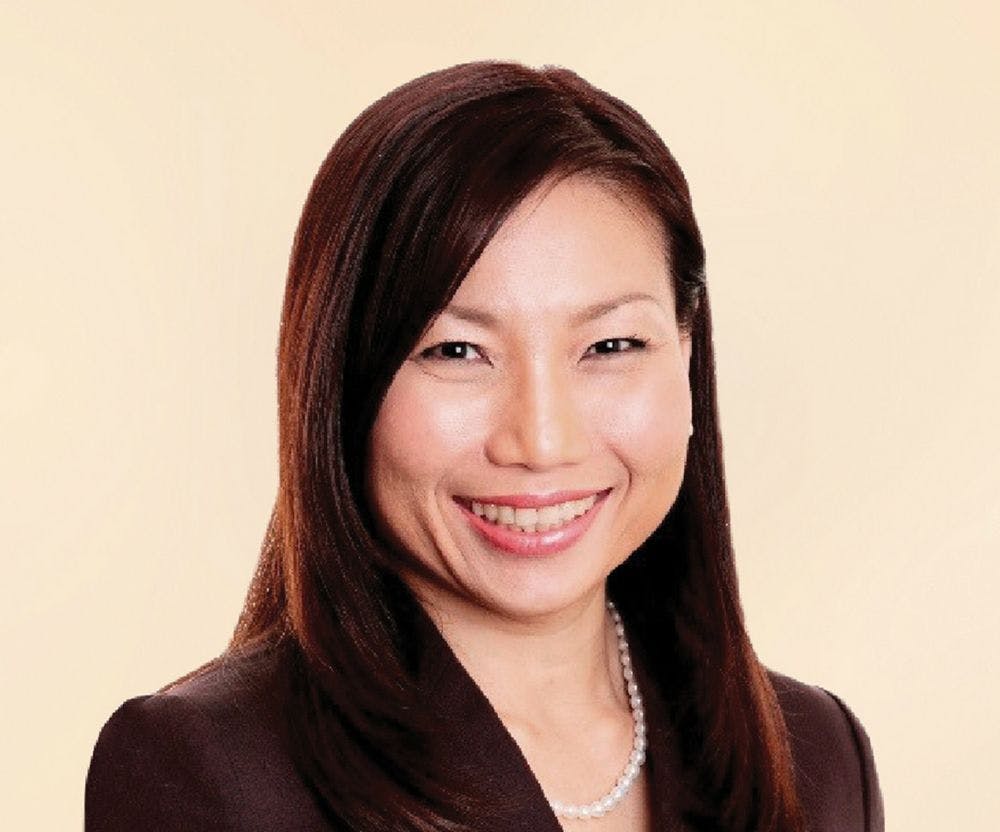Speak to CapitaLand Group’s chief sustainability officer Lynette Leong and she will tell you of a harrowing incident in New Zealand some years ago that forced her to evacuate by helicopter to safety. The unprecedented event, triggered by uncertain weather patterns, helped to hit home the growing threat of climate change around the world.
It is with this knowledge that she leads the sustainability strategy and execution of the Singapore-listed property developer, which recently published a Sustainability Masterplan outlining aggressive ESG (environment, social and governance) targets by 2030.
As part of its 10-year roadmap, it recently announced the CapitaLand Sustainability X Challenge (CSXC) — “the first sustainability-focused innovation challenge by a Singapore real estate company on a global scale”, says Leong.
It offers individuals and companies prize money and opportunities to test-bed sustainability innovations in CapitaLand’s properties across more than 220 cities in over 30 cities.
To date, the Challenge has already received over 300 entries globally, prompting CapitaLand to extend its deadline for submissions to 17 February 2021.
Last week, the Group also announced Singapore state investor Temasek as a lead partner of CSXC. This will enable winners to showcase their innovations to a global community at the annual Ecosperity Week, a sustainability forum organised by Temasek Holdings.
In this exclusive podcast, Eco-Business speaks to Leong on why one of Asia’s largest diversified real estate groups with a global portfolio of about S$133.3 billion has banked on innovation and collaboration to meet its ambitious Sustainability Masterplan targets.

Leong (pictured left) — who has more than 25 years of international experience in real estate, banking and finance — shares her vision for the inaugural Challenge, insights on a new metric called “Return on sustainability” that measures the return of investment the Group makes on ESG efforts, net zero targets in the real estate sector, Covid-19’s impact and the role of developers in addressing migrant worker welfare issues.
You may also catch the full conversation here on YouTube.



















